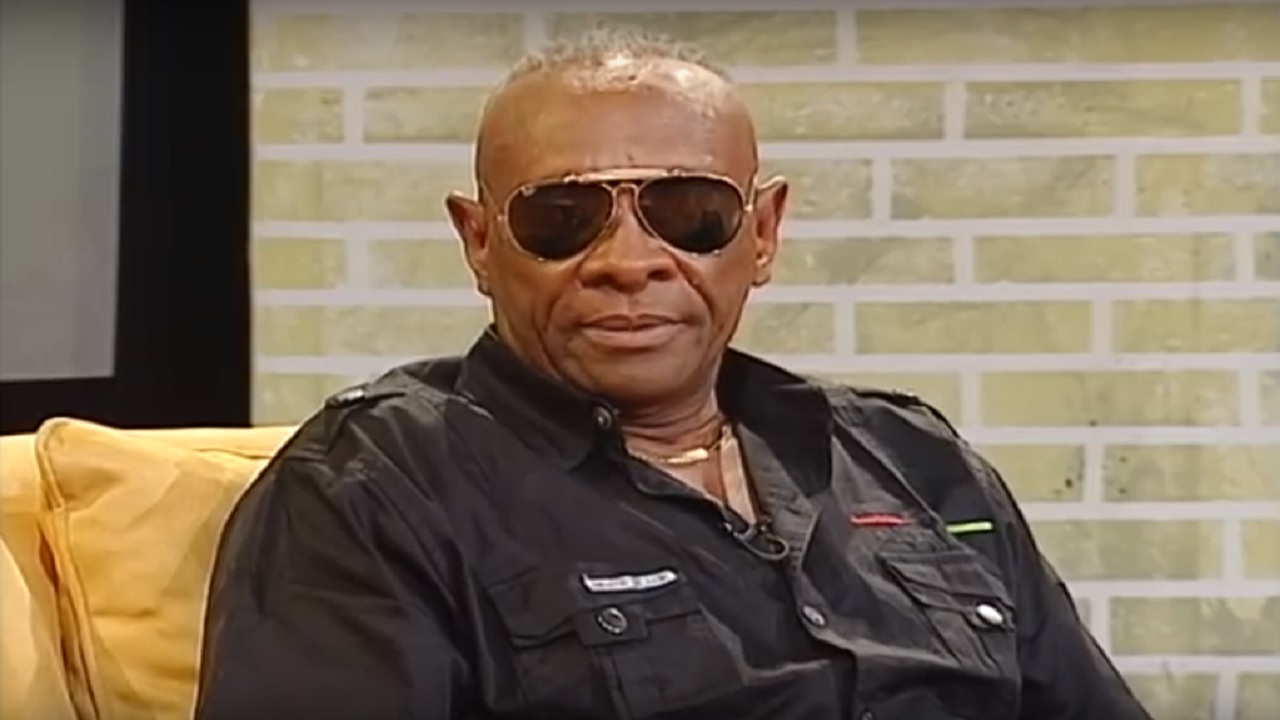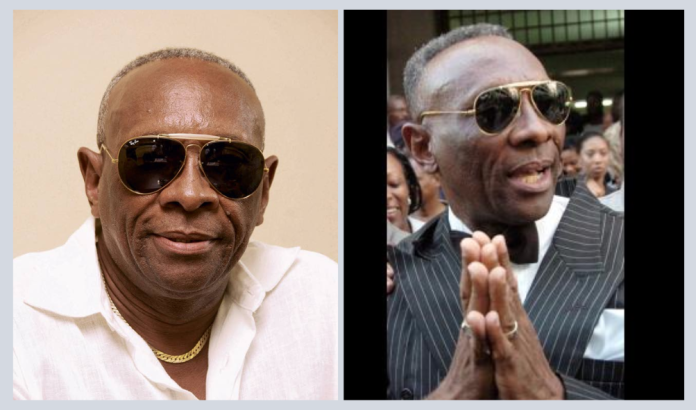- Reneto Adams No Remorse for First Kill, has been both praised and criticized for his direct and ruthless approach to crime-fighting.
- His methods, including direct confrontation and the use of force, have led to a polarized public opinion.
- Adams’s stance on having no remorse for his first kill and his ruthless crime-fighting tactics have sparked debates about the effectiveness of his strategies and the ethical implications of his actions.
Newsypeople – Reneto Adams: No Remorse for First Kill, Praised for Crime-Fighting, a controversial figure in the world of crime-fighting and law enforcement, has been the subject of intense scrutiny and debate. His actions, particularly his first kill, have sparked a wide range of reactions, from outright condemnation to praise for his efforts in combating crime. This article delves into the complexities of Adams’s career, his approach to law enforcement, and the public’s divided opinion on his actions.
Early Life and Career Beginnings
Reneto Adams was a former superintendent of police in Jamaica who gained notoriety for his aggressive tactics in combating crime. Born in 1952, Adams joined the Jamaica Constabulary Force (JCF) in 1975 and quickly rose through the ranks.
In the late 1990s, Adams was appointed to head the Crime Management Unit (CMU), a specialized anti-crime squad within the JCF. The CMU was tasked with taking a “more combative, in-your-face, take-it-to-the-hoodlums type role” in tackling Jamaica’s spiraling crime rates, especially violent crimes like homicides.

Under Adams’ leadership, the CMU carried out a number of high-profile operations, including a 2001 incident where seven mostly teenage boys were shot and killed by the unit in Braeton, St. Catherine.
Adams’ tenure as head of the CMU was controversial, with some praising his tough approach and others criticizing it as heavy-handed. Despite the criticism, Adams remained loyal to Jamaica and was seen by some as a “transformative force” who could “untangle the vast criminal web” plaguing the country. After retiring from the JCF, Adams continued to advocate for a more aggressive approach to fighting crime in Jamaica.
Don’t Miss | Chance Combs and Branson Bailey Attend High School Prom Together
Reneto Adams: No Remorse for First Kill, Praised for Crime-Fighting
Reneto Adams was a former superintendent of police in Jamaica who gained notoriety for his aggressive tactics in combating crime. According to the sources, Adams joined the Jamaica Constabulary Force (JCF) in 1975 and rose through the ranks, eventually being appointed to head the Crime Management Unit (CMU) in the late 1990s.
The CMU was a specialized anti-crime squad within the JCF that was tasked with taking a “more combative, in-your-face, take-it-to-the-hoodlums type role” in tackling Jamaica’s high crime rates, especially violent crimes like homicides.
Under Adams’ leadership, the CMU carried out a number of high-profile operations, including a 2001 incident where seven mostly teenage boys were shot and killed by the unit in Braeton, St. Catherine.
Adams’ tenure as head of the CMU was controversial, with some praising his tough approach and others criticizing it as heavy-handed. In an interview, Adams stated that he had “no remorse” after his first kill, indicating his willingness to use lethal force in his crime-fighting efforts.
Despite the criticism, Adams remained loyal to Jamaica and was seen by some as a “transformative force” who could “untangle the vast criminal web” plaguing the country.
After retiring from the JCF, Adams continued to advocate for a more aggressive approach to fighting crime in Jamaica. Some Jamaicans now praise his ruthless crime-fighting methods, while others remain critical of his tactics and the impact they had on the community.
Crime-Fighting Efforts
Despite the controversy surrounding his first kill, Adams continued to be a formidable force in the fight against crime. He was known for his unwavering dedication to his job and his willingness to take risks to ensure the safety of his community. Adams’s approach to law enforcement was characterized by a no-nonsense attitude and a commitment to upholding the law, regardless of the personal cost.
Adams’s efforts in combating crime were not limited to his role as a police officer. He also worked closely with other law enforcement agencies and community organizations to address the root causes of crime in his community. This collaborative approach helped to create a more comprehensive strategy for crime prevention and reduction.
Public Opinion
The public’s opinion on Renato Adams is divided. Some view him as a hero for his efforts in combating crime and for his willingness to take risks to protect his community. Others criticize him for his actions during the first kill, arguing that he should have been more cautious and considerate of the potential consequences of his actions.
Renato Adams’s career as a law enforcement officer is marked by both controversy and praise. His actions, particularly his first kill, have sparked intense debate and have shaped public perception of him. Despite the controversy, Adams remains a significant figure in the fight against crime, demonstrating a commitment to public safety that is both commendable and controversial.
Read more of the comments below;


Other Factors, Besides Adams’s Methods, Contribute To The High Crime Rates in Jamaica
The high crime rates in Jamaica are influenced by a complex interplay of factors beyond the methods employed by law enforcement. While specific details from the provided sources are not accessible, based on general knowledge and research, several key factors contribute to the crime situation in Jamaica:
- Economic Inequality: Jamaica faces significant economic disparities, with a large portion of the population living in poverty. This economic instability can lead to increased crime rates as individuals seek ways to survive.
- Social Inequality: Social inequality, including disparities in education, healthcare, and access to resources, can exacerbate crime rates. When opportunities for legal employment are limited, individuals may turn to illegal activities as a means of survival.
- Drug Trafficking: Jamaica is a significant transit point for drugs moving from South America to the United States. The presence of drug trafficking networks contributes to the high crime rates, as law enforcement and criminal organizations engage in violent conflicts over control of these routes.
- Political Corruption: Corruption within law enforcement and government institutions can undermine efforts to combat crime. When law enforcement agencies are perceived as corrupt or ineffective, it can lead to a loss of public trust and a breakdown in law enforcement.
- Weak Institutions: Weak institutions, including a lack of effective judicial systems and inadequate social services, can contribute to high crime rates. When individuals feel that the justice system is not equipped to address their grievances or when social services fail to meet the needs of the population, crime rates may increase.
These factors are interconnected, and addressing the high crime rates in Jamaica requires a comprehensive approach that tackles economic, social, and institutional issues.
Don’t Miss | 60-Year-Old Alejandra Rodríguez Wins Miss Universe Buenos Aires



